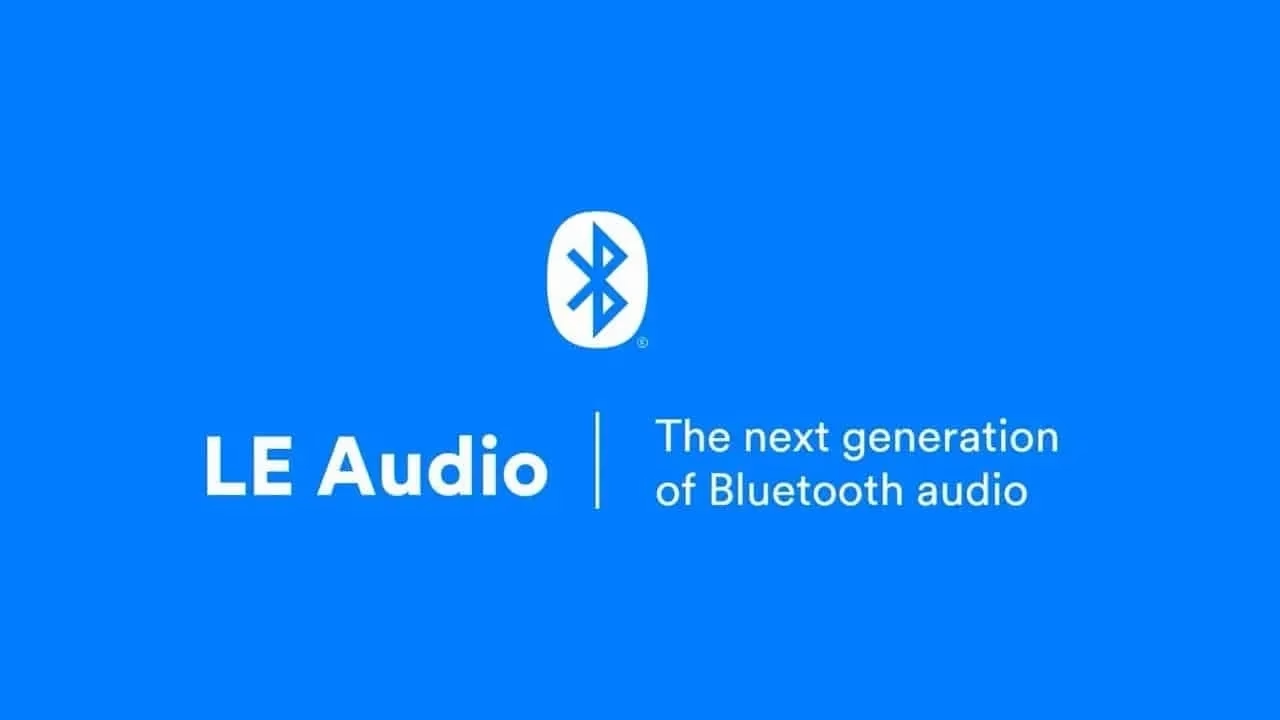Windows 11 Embraces LE Audio for Enhanced Sound and Call Quality
Microsoft has officially rolled out support for LE Audio to Windows 11, a significant upgrade that promises a more robust and efficient wireless audio experience for users. This integration, which began with the latest cumulative updates and is expected to be fully available across compatible hardware, brings the benefits of the Bluetooth Low Energy Audio standard directly to the desktop operating system.
LE Audio isn't just a minor tweak; it's a foundational shift in how devices transmit audio wirelessly. For consumers, this translates to potentially clearer calls, better music fidelity, and lower power consumption for their wireless earbuds and headphones. It’s a move that’s been eagerly anticipated by audiophiles and everyday users alike, aiming to address some of the long-standing limitations of traditional Bluetooth audio codecs.
What is LE Audio and Why Does It Matter?
At its core, LE Audio leverages the new Bluetooth Low Energy (LE) radio. This isn't the same as the Bluetooth Classic that most of our current wireless headphones use. Think of it like upgrading from a gas-guzzling truck to a sleek, fuel-efficient electric car – it uses less energy to do the same job, and often, it does it better.
The Windows 11 Integration: What to Expect
With Windows 11 now supporting LE Audio, the operating system is poised to become a central hub for this next-generation wireless audio. This means that as more LE Audio-compatible headphones, speakers, and earbuds hit the market, users will be able to seamlessly connect and take advantage of the improved features.
For those with existing LE Audio-compatible devices, the update should unlock these new capabilities automatically, provided their hardware and drivers are up to date. Microsoft's integration aims to make this transition as smooth as possible, treating LE Audio connections with the same ease of use as current Bluetooth pairings.
The implications for productivity are particularly interesting. With clearer voice calls, reduced latency, and the potential for better microphone performance on supported headsets, LE Audio could significantly enhance the experience for remote workers and anyone who relies on their PC for frequent communication. No more struggling to hear colleagues or worrying about choppy audio during important meetings.
What You'll Need to Take Advantage
It's important to note that simply having Windows 11 isn't enough to experience LE Audio. You'll need hardware that supports the standard. This includes:
- LE Audio-compatible Bluetooth adapter: Your PC's Bluetooth hardware needs to support LE Audio. Newer laptops and motherboards are increasingly featuring this, but older machines might require a new adapter.
- LE Audio-certified headphones or earbuds: Your personal audio devices must also be built with LE Audio and the LC3 codec in mind.
The good news is that manufacturers are rapidly adopting the LE Audio standard. We're seeing more and more new wireless earbuds and headphones advertised with LE Audio support. So, if you're in the market for new audio gear, keeping an eye out for the LE Audio logo is definitely worthwhile.
Looking Ahead: The Future of Wireless Audio on Windows
The addition of LE Audio support in Windows 11 is a forward-thinking move by Microsoft. It positions the platform to fully embrace the evolving landscape of wireless audio technology. As more devices adopt LE Audio, we can expect a more seamless, higher-quality, and power-efficient audio ecosystem for PC users.
This isn't just about better sound for music; it's about a more reliable and versatile audio experience across the board. From gaming to video conferencing, the benefits of LE Audio are far-reaching. It’s exciting to see how this technology will shape our interactions with our PCs and personal audio devices in the coming years. Will this finally be the end of those frustrating audio dropouts during critical calls? We can only hope so!
The rollout is ongoing, so if you haven't seen the benefits yet, keep your Windows 11 updated and watch for new LE Audio-certified peripherals. The future of wireless sound on your PC is here, and it sounds pretty good.
